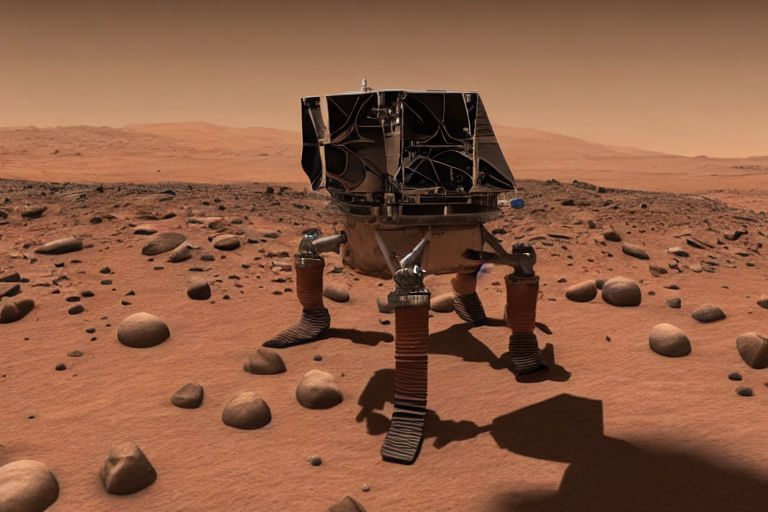Exploring Mars: Challenges and Rewards for Human Colonization
Mars is the fourth planet from the sun, and it has been attracting the attention of scientists, astronomers, and space visionaries for decades. The idea of human colonization of Mars has been an exciting prospect, but it comes with its own set of challenges and rewards.
Challenges of Human Colonization on Mars
1. Distance and Travel Time
The distance between Earth and Mars varies depending on their position in their respective orbits. However, the closest distance between Earth and Mars is around 33.9 million miles. Travel time between Earth and Mars can take around 7-8 months when the planets align favorably.
2. Lack of an Atmosphere
Mars's atmosphere is very thin, with a surface pressure of only about 1% of the Earth's atmosphere. It does not provide enough protection against harmful cosmic rays, meteoroids, and solar flares. Therefore, creating a suitable living environment that can support human life would require adequate protection from these elements.
3. Temperature Extremes
Mars is much colder than Earth as it has a subtler atmosphere. The average temperature on Mars is about -80°F. Extreme weather conditions such as dust storms, lightning, and gusty winds can also pose a risk to human colonization efforts.
Rewards of Human Colonization on Mars
1. Possibility of Discovering Life on Mars
Exploring Mars can help us understand whether life exists beyond Earth. Recent discoveries showed evidence of water on Mars, which raises the possibility of life, even if it is microbial or bacterial.
2. Exploration and Scientific Discovery
Mars provides exciting opportunities for scientific research and discovery. Its geology and characteristics differentiate it from Earth, offering unique scientific insights into the planet's history and resources.
3. Building a Backup Plan
Human colonization of Mars could serve as a backup plan for humanity in-case something catastrophic happens on Earth. With a self-sufficient colony on Mars, humanity could survive any catastrophic event such as nuclear war, asteroid impact, or climate change.
Conclusion
Human colonization on Mars is an ambitious project that poses several challenges, but the potential rewards are great. From scientific discoveries to building a backup plan for humanity, exploring and colonizing Mars will push our knowledge and understanding of the universe to new heights.



